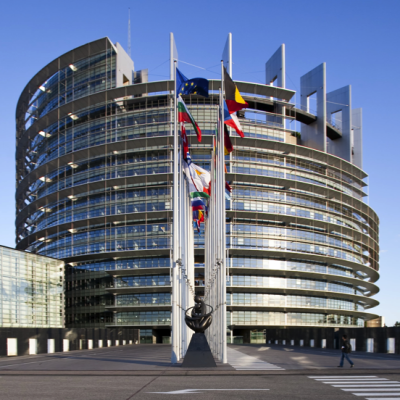
EU framework for the social and professional situation of artists and workers in the cultural and creative sectors
In the past month, IETM has provided a series of proposals to the European Parliament in the lead up to the draft report on ‘professional situation of artists and workers in the cultural and creative sectors’.
We are pleased that the draft report, published on 13 June, has taken into account many of our suggestions. While there is still opportunity to amend the document, we are continuing our communication with the European Parliament - in coordination with other representatives of the cultural sector - to ensure that all the gaps are covered to improve the working conditions in the creative sector.
Short summary of the report:
The report emphasises the crucial role of the cultural and creative sectors (CCS) in Europe's social cohesion, economy, and individual well-being. It encourages the Member States that have not yet introduced a specific status for artists and other CCS professionals to do so and calls for the recognition and protection of CCS professionals, highlighting the need for a clear definition and specific employment status for these individuals. It also stresses the importance of access to comprehensive social protection systems and decent working conditions for CCS professionals. It acknowledges the challenges faced by mobile professionals and calls for a Union-wide approach to ensure social protection for CCS professionals. Additionally, it highlights the importance of equitable access to artistic education and the need for support systems for career transitions and skills development. Finally, the document stresses the need to protect artistic freedom and expression, including addressing digital challenges such as automation and AI-generated content.
Instead of proposing to the European Commission to put forward a directive with specific obligations for Member States to translate in their legal systems, the draft report opts for a decision (which is a legally binding tool) to establish a framework 'for collecting and publishing appropriate data, promoting best practices among Member States to establish quality standards for the living and working conditions of artists and other CCS professionals.'
